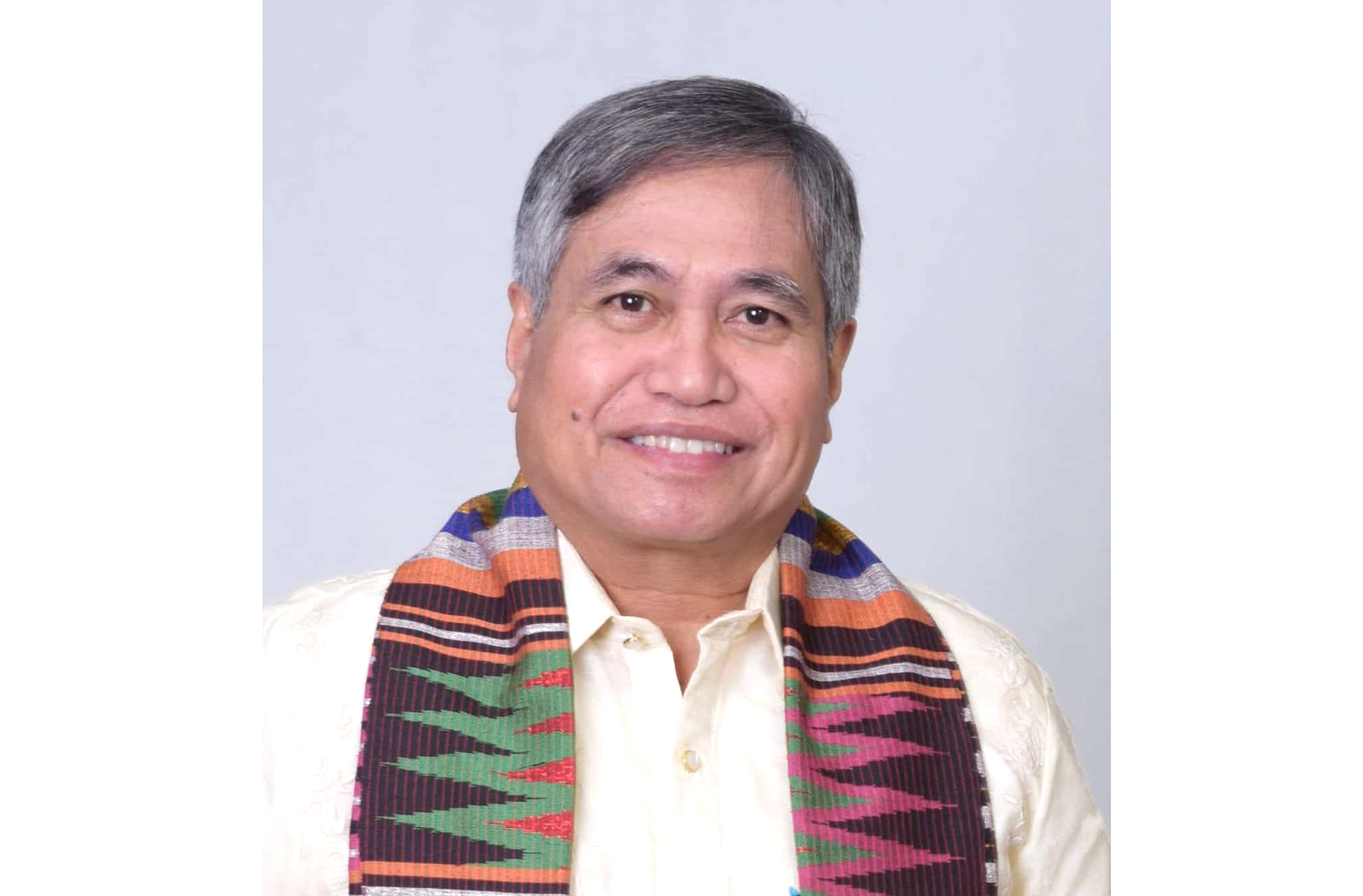FROM THE MARGINS

What happens when the world’s most vulnerable communities face the harshest impacts of climate change — without the financial tools to adapt?
This is a pressing question because climate change is no longer a distant threat; it is already reshaping economies, livelihoods, and financial systems, especially at the grassroots level. For microfinance institutions (MFIs), the challenge is not just to provide financial services to the poor and marginalized but also to ensure that vulnerable communities have the tools to build resilience and thrive in an increasingly unpredictable world.
Last March 21, the Rafael B. Buenaventura Micro Finance Resource Center Foundation (RBBMFFI), in collaboration with the Bankers Association of the Philippines (BAP), hosted a forum titled “The Importance of Adapting Climate-Resilient Products for Microfinance Institutions.” Held at the BAP Conference Room in Makati City, the event gathered 33 participants from various MFIs and featured expert-led discussions on climate change, sustainable development, and the role of green financing in building resilient financial products and services.
I am pleased that RBBMFFI, under the leadership of Patty Calilong, spearheaded this initiative. It reflects our strong commitment to the vision set forth by Bangko Sentral ng Pilipinas Governor Eli Remolona, who challenged us in our meeting last year to integrate climate change adaptation into our microfinance operations.
Empowering communities
The RBBMFFI forum provided valuable insights into how MFIs can empower communities to adapt to the increasing threats of climate change.
The keynote speaker, Mr. Ludwig O. Federigan, director of Climate Tracker Asia, Inc., kicked off the discussion with a session on climate change concepts, sustainable development, and the socioeconomic impact of climate-related changes on vulnerable communities.
One of the key issues discussed was the staggering financial impact of natural disasters on the Philippines. Over the past 15 years, typhoons such as Yolanda (2013), Odette (2021), and Pablo (2012) have resulted in approximately P358.70 billion in damages. These figures underscore the urgent need for proactive investments in disaster preparedness and climate adaptation. Experts also tackled the growing frequency of typhoons, heatwaves, and droughts, which continue to threaten agriculture, water resources, and local ecosystems. Strengthening early warning systems, implementing recovery programs, and promoting sustainable practices were identified as critical strategies in reducing climate-related risks.
Faced with these challenges, the forum proceeded with a series of sessions featuring ongoing initiatives from several MFIs aimed at helping individuals and small businesses prepare for and recover from climate-related disasters. Resource speakers from KASAGANA-KA Cooperative, Ahon sa Hirap, Inc., and CARD MRI highlighted the crucial role of grassroots organizations and MFIs in strengthening community resilience against natural disasters and climate-related risks.
The role of MFIs
At the grassroots level, MFIs serve as vital financial lifelines, offering climate-adaptive solutions to vulnerable communities. Specialized loan programs enable individuals to invest in climate-friendly technologies, such as solar panels, energy-efficient cooking stoves, and biogas systems. Additionally, MFIs extend financial support to farmers by promoting climate-resilient crops and offering insurance products that protect against agricultural losses due to extreme weather conditions.
Furthermore, MFIs work closely with insurance providers to offer crop insurance and financial guarantees, ensuring that grassroots farmers can recover quickly from climate-induced losses. Some institutions have also adopted digital innovations, such as fast-payment insurance systems, to streamline financial assistance during crises.
Beyond financial services, MFIs actively engage in environmental conservation efforts, including tree-planting initiatives, waste management programs, and advocacy campaigns promoting sustainable livelihoods. The adoption of digital banking solutions, like mobile banking and e-wallets, has further enhanced accessibility to financial services in rural and underserved areas.
The road to climate resilience
Collaboration among MFIs, government agencies, and private sector partners is crucial. Public-private partnerships can facilitate investments in climate-resilient infrastructure, provide funding for sustainable projects, and support knowledge-sharing initiatives that help communities implement adaptive strategies effectively.
The government’s commitment to green financing programs, such as BSP’s Sustainable Finance Framework, has created opportunities for MFIs to expand their climate-resilient product offerings. Through blended finance models—combining public funds, private investments, and development assistance — MFIs can scale up their efforts in helping communities transition to sustainable practices.
As climate change continues to impact lives and livelihoods, MFIs could be at the forefront of efforts to build more resilient and sustainable communities. By offering climate-responsive financing, insurance solutions, and capacity-building programs, these institutions play a key role in strengthening the ability of grassroots communities to withstand the challenges of a changing climate.
However, the road ahead requires continuous innovation, policy support, and stakeholder collaboration. Fostering climate resilience at the grassroots level is not just about mitigating risks — it is about empowering communities with the financial tools and knowledge they need to thrive in a rapidly evolving world. By working together, MFIs, policymakers, business and community leaders can create a future where financial inclusion and environmental sustainability go hand in hand.
* * *
"The greatest threat to our planet is the belief that someone else will save it." – Robert Swan
(Dr. Jaime Aristotle B. Alip is a poverty eradication advocate. He is the founder of the Center for Agriculture and Rural Development Mutually-Reinforcing Institutions (CARD MRI), a group of 23 organizations that provide social development services to eight million economically-disadvantaged Filipinos and insure more than 27 million nationwide.)